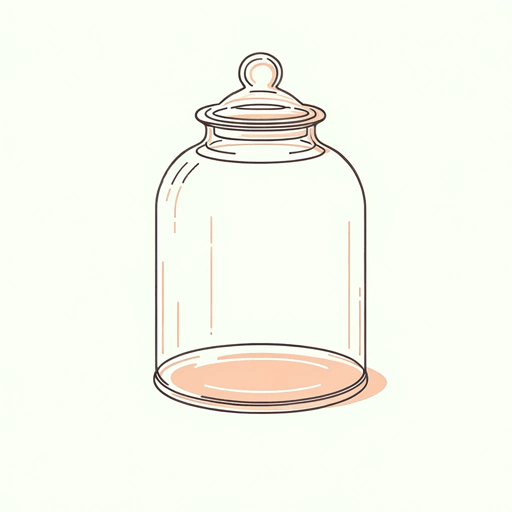51 pages • 1 hour read
Sylvia PlathThe Bell Jar
Fiction | Novel | Adult | Published in 1963A modern alternative to SparkNotes and CliffsNotes, SuperSummary offers high-quality Study Guides with detailed chapter summaries and analysis of major themes, characters, and more.
Important Quotes
“I use the lipsticks now and then, and last week I cut the plastic starfish off the sunglasses case for the baby to play with.”
(Chapter 1, Page 3)
This offhand quote from an older Esther implies that she has gone on to have a child after the events of The Bell Jar concluded. This is important in the context of her struggle with traditional feminine gender roles and her reluctance about marriage and motherhood. The quote suggests two possible outcomes: either Esther was worn down by convention and gave in to traditional gender roles, or she realized that a balance between career ambition and family life was indeed possible for her.
“I guess I should have been excited the way most of the other girls were, but I couldn’t get myself to react. (I felt very still and very dull, the way the eye of a tornado must feel, moving dully along in the surrounding hullabaloo.)”
(Chapter 1, Page 3)
This quote occurs in Chapter 1 and indicates the beginnings of Esther’s first depressive episode. Looking back, older Esther recognizes that her reactions to the events in her life were not normal, but young Esther cannot bring herself to care very much. She feels listless and empty in the midst of a time that is supposed to be glamorous and exciting.
“I said to myself: ‘Doreen is dissolving, Lenny Shepherd is dissolving, Frankie is dissolving, New York is dissolving, they are all dissolving away and none of them matter anymore. I don’t know them, I have never known them and I am very pure. All that liquor and those sticky kisses I saw and the dirt that settled on my skin on the way back is turning into something pure.’”
(Chapter 2, Page 20)
Despite disliking the sexual double standard and the idea that women should be pure, Esther craves symbolic purity. She wants to forget everything bad and traumatic that has ever happened to her and start afresh, undergoing a process of rebirth. As the novel progresses this idea of rebirth will become entwined with her suicidal thoughts.
Related Titles
By Sylvia Plath

Ariel
Sylvia Plath
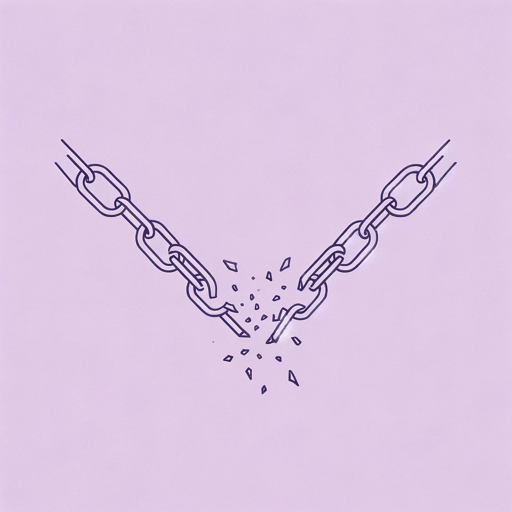
Daddy
Sylvia Plath
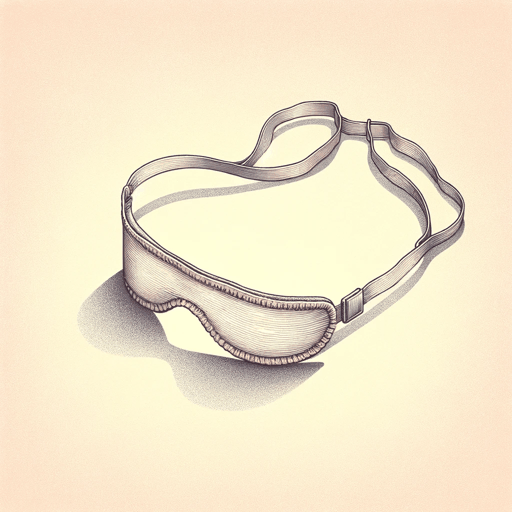
Initiation
Sylvia Plath
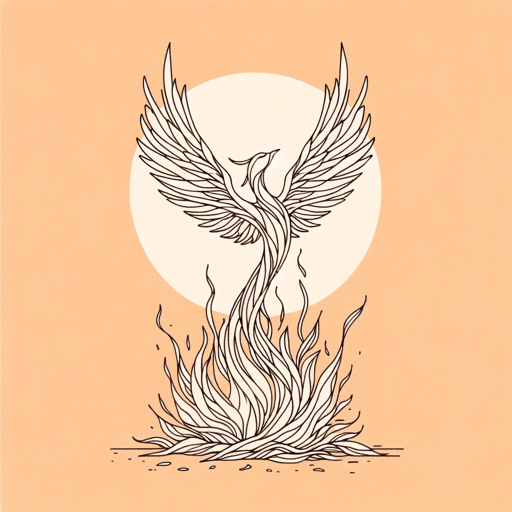
Lady Lazarus
Sylvia Plath

Mirror
Sylvia Plath

Sheep In Fog
Sylvia Plath
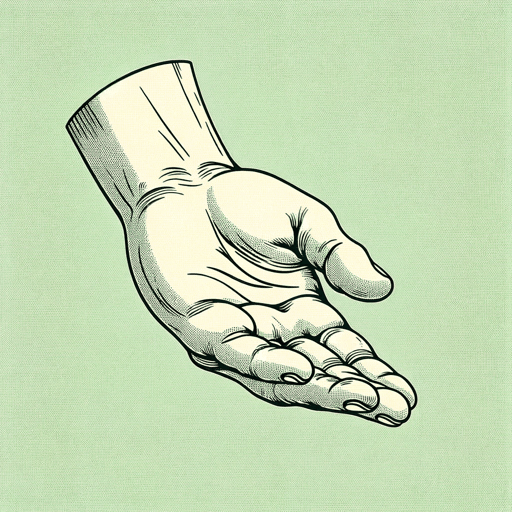
The Applicant
Sylvia Plath
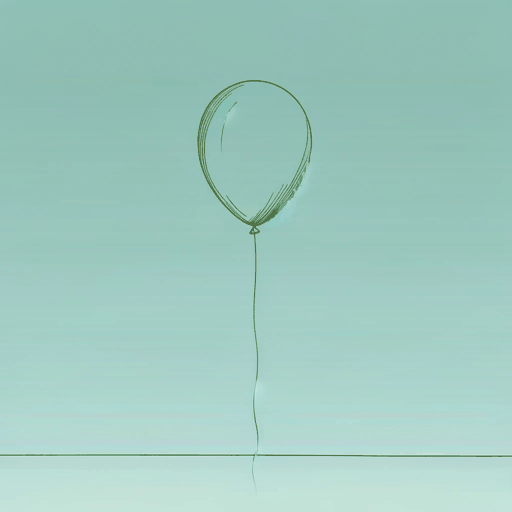
The Disquieting Muses
Sylvia Plath

The Munich Mannequins
Sylvia Plath
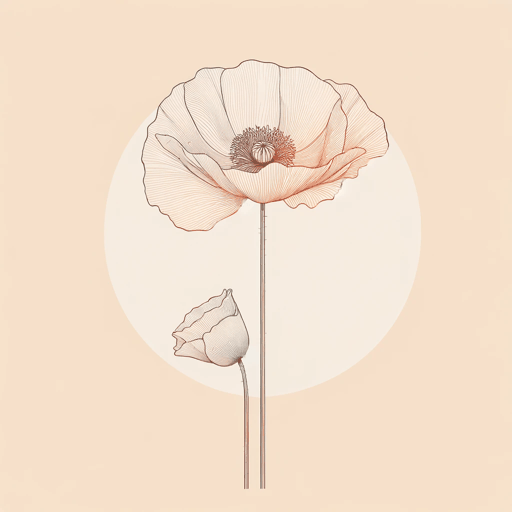
Two Sisters Of Persephone
Sylvia Plath
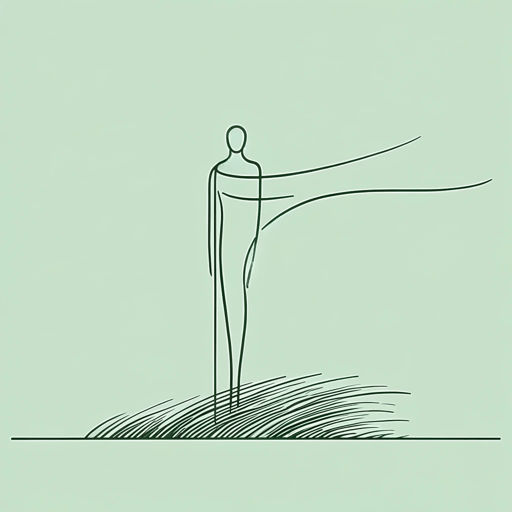
Wuthering Heights
Sylvia Plath
